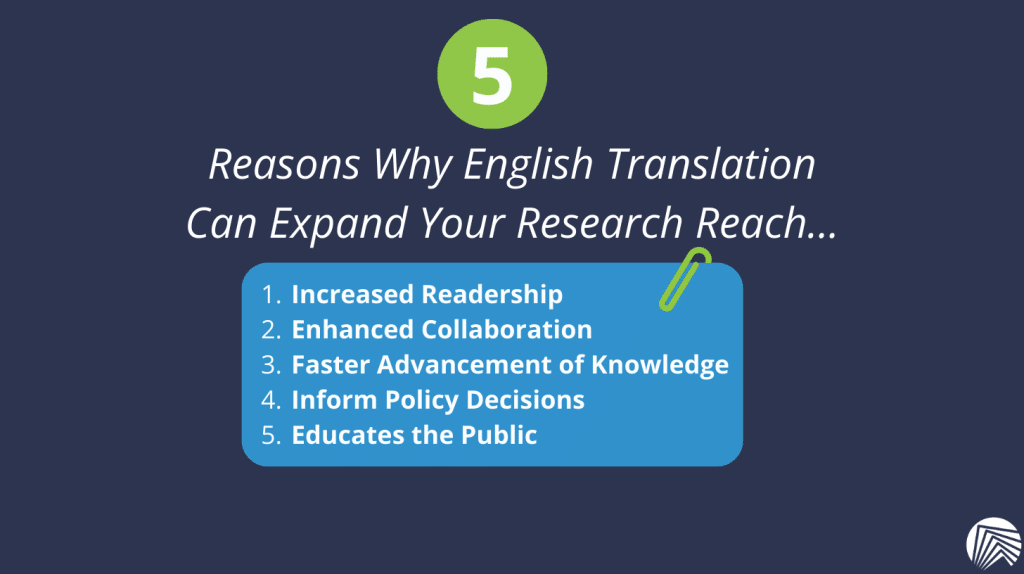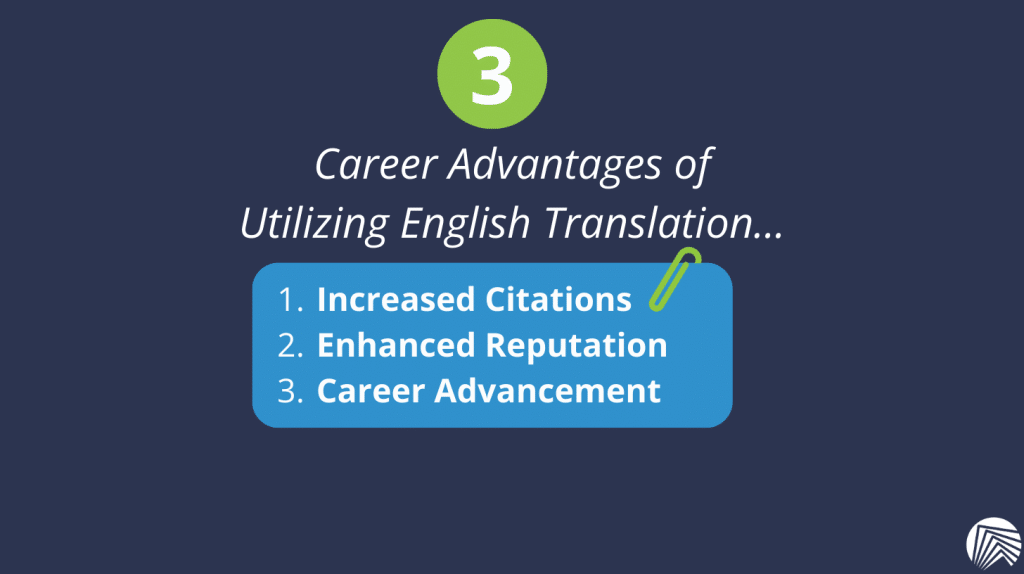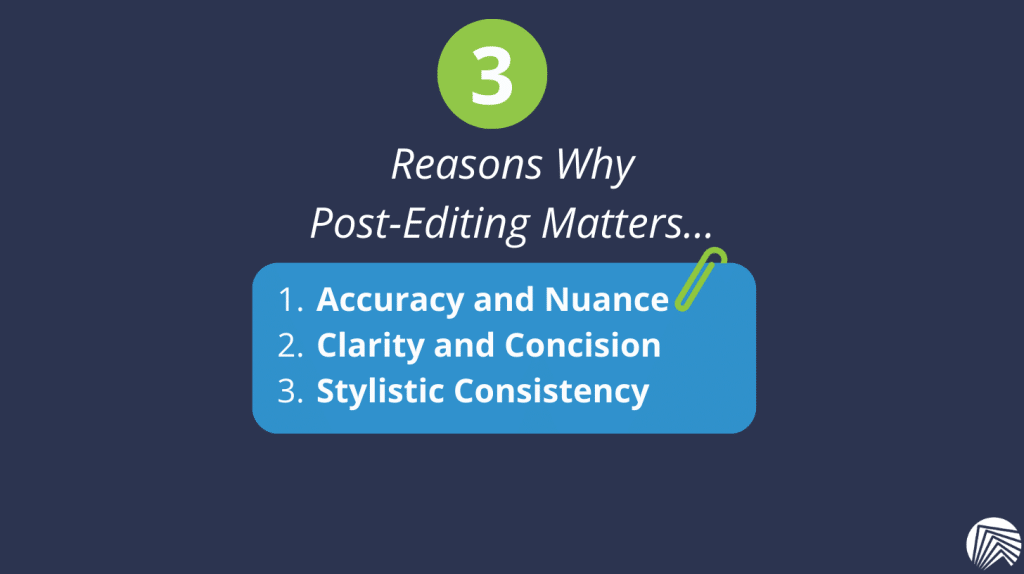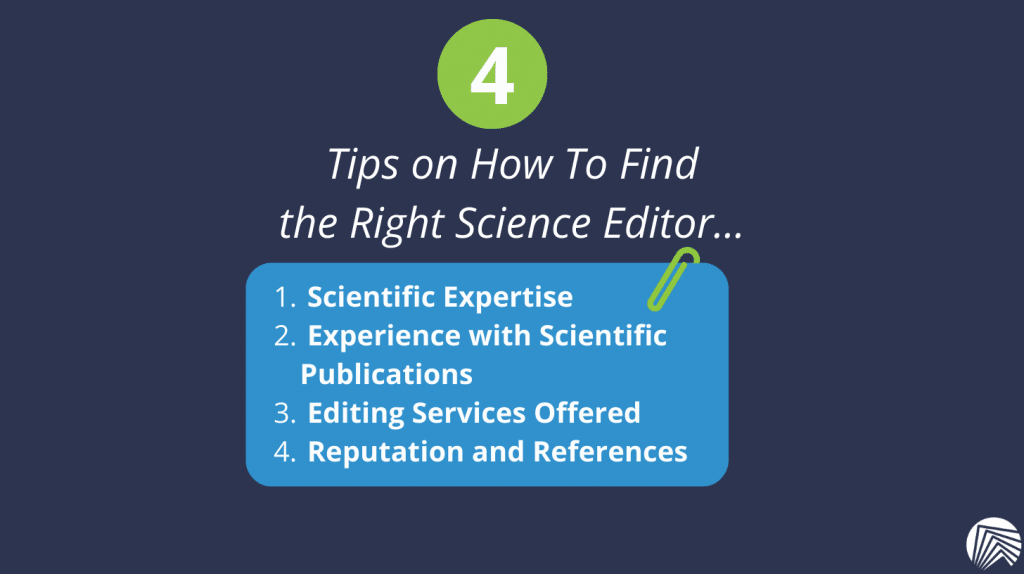English Translation is a powerful tool that transforms your scientific discovery into a global conversation starter. The thrill of a breakthrough, the meticulous construction of a study, the excitement of new knowledge – these are the hallmarks of a successful scientific career. But for your research to truly flourish, it needs to transcend the confines of your native language. Translating your manuscript into English, the lingua franca of scientific discourse, unlocks a world of possibilities, accelerating scientific progress and propelling your own academic standing.
Also Read:
- Scientific English Writing
- Why Articles Matter in English Language
- Science Language Translation Service

Widening the Reach of Your Research: The Power of English Translation
Imagine your research, meticulously crafted, residing solely on a shelf, accessible only to a limited audience. English translation dismantles this barrier, allowing your findings to resonate with a global scientific community. Here’s how:
- Increased Readership: English is the dominant language in scientific publications. By translating your work, you exponentially increase the number of researchers who can access, understand, and potentially build upon your discoveries.
- Enhanced Collaboration: Science thrives on collaboration. Translating your research fosters international partnerships, leading to the exchange of ideas and the development of groundbreaking solutions.
- Faster Advancement of Knowledge: By sharing your research with a wider audience, you contribute to a global pool of scientific knowledge. This accelerates the pace of discovery and innovation across all disciplines.
The benefits extend beyond the realm of pure science. Translated research can:
- Inform Policy Decisions: Your findings can influence public health initiatives, environmental regulations, and technological advancements that impact people worldwide.
- Educate the Public: Science literacy is crucial for a well-informed society. Translated research summaries can reach a broader audience, fostering public understanding and engagement with scientific progress.

Showcasing Your Expertise: The Career Benefits of English Translation
Publishing high-quality research in English-language journals carries significant weight in the academic world. Here’s how translation can elevate your career:
- Increased Citations: Publishing in prominent English-language journals significantly increases the chances of your research being cited by other academics, a key metric of scientific impact.
- Enhanced Reputation: Visibility in prestigious international journals establishes you as a leading expert in your field, attracting opportunities for collaboration, funding, and prestigious positions.
- Career Advancement: English-language publications hold considerable weight in tenure and promotion decisions, propelling you toward your academic goals.
By translating your research, you not only contribute to your field but also position yourself as a prominent voice within the global scientific community.

The Art of Scientific Translation: Why Post-Editing Matters
While translation unlocks doors, the quality of that translation is paramount. Here’s why post-editing by a science-proficient editor is crucial:
- Accuracy and Nuance: Scientific terminology demands precision. A science editor ensures the translated manuscript accurately reflects the original research, preserving the nuances of your findings.
- Clarity and Concision: Scientific writing thrives on clarity. A science editor refines the translated text, ensuring it is concise, well-organized, and easy to understand for a global audience.
- Stylistic Consistency: Scientific journals have specific formatting and stylistic requirements. A science editor ensures your translated manuscript adheres to these guidelines, facilitating smooth publication.
Investing in a post-editing step by a science editor safeguards the integrity of your research and ensures it is presented in a way that maximizes its impact.

Finding the Right Partner: Selecting a Quality Science Editor
The success of your English translation hinges on choosing the right science editor. Here are some factors to consider:
- Scientific Expertise: Ensure the editor has a strong background in your specific field of research. This ensures they understand the intricacies of your work and can translate it accurately.
- Experience with English-Language Scientific Publications: Seek an editor familiar with the nuances of writing for international scientific journals.
- Editing Services Offered: Look for editors who offer post-translation services specifically tailored to scientific manuscripts.
- Reputation and References: Seek recommendations and research the editor’s reputation within the scientific community.
A high-quality science editor becomes your partner in scientific communication, ensuring your research reaches its full potential.
By embracing English translation and partnering with a science editor, you break down language barriers and propel your research towards global recognition. Remember, your groundbreaking work deserves to be heard by the world – and English translation is the key to unlocking that potential.




